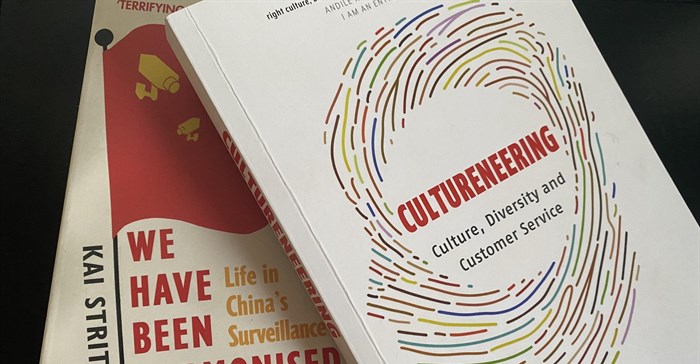I was asked to review Ian Fuhr’s new book, Cultureneering: Culture, Diversity and Customer Service, which is based on his insights as a business’ leadership and culture consultant and his experience building, leading and eventually exiting, the highly successful beauty salon company, Sorbet Group.
A critical component of leading any businesses in South Africa (or indeed anywhere in the world) is doing one’s part to rebuild the bridges between racial, religious and cultural groups that were so deliberately and methodologically destroyed during the apartheid era. This is no easy task, because the thing with bridges is that it is a lot easier to burn them down than it is to rebuild them.
Furthermore, there is a little-acknowledged perverse temptation for a certain type of leader to not only not participate in the rebuilding project, but to actually blow up a few more bridges yourself. This is because the divide and conquer strategy is effective at maintaining control, even if it is antagonistic to developing a cohesive culture. A culture of fear can (however uncomfortable it is to admit) is conducive to obedience and order.
As Kai Strittmatter explained in his book, We Have Been Harmonised: Life in China's Surveillance State, dictators of the corporate and nationalistic sorts, across time and space, have discovered that it is possible, indeed, practical to control large groups by getting them all 1) naked and 2) alone.
Naked, so that they feel watched by the authority, their peers and -more importantly – by their own selves; and alone, so that they grow to distrust, envy and surveil each other. In this way the atomised individuals under authority are always both watched and watching each other, and as such, learn to defer to and depend on the hidden central authority alone.

Unfortunately, we can see this rule by division and distrust being deployed in the pubic and the private sector all around us today, nudging us to distrust our neighbours and colleagues and defer to a central authority for protection and direction.
As Tracey Follows writes:
Online or offline, we are never very far from the insinuation that whilst we might be upstanding examples of high moral virtue ourselves, others can’t be trusted - to have the right opinion or vote the right way. If we can’t trust them, we need to control them. What we need, as the argument goes, is a system of control that will engineer social cohesion - a way to guarantee that all of us abide by the right moral behaviors - for the common good. Untrusting of our peers, we’ll look to the State to tell us what is permissible or not.Fortunately, as Fuhr writes in his book, we do have another choice. While it is, sadly, possible to rule by suspicion and separation, it is also possible, should we choose, to lead successfully by investing in a culture of trust and humanity that brings us together rather than drives us apart.
The choice is ours. Are we investing in a culture of trust or a culture of control?